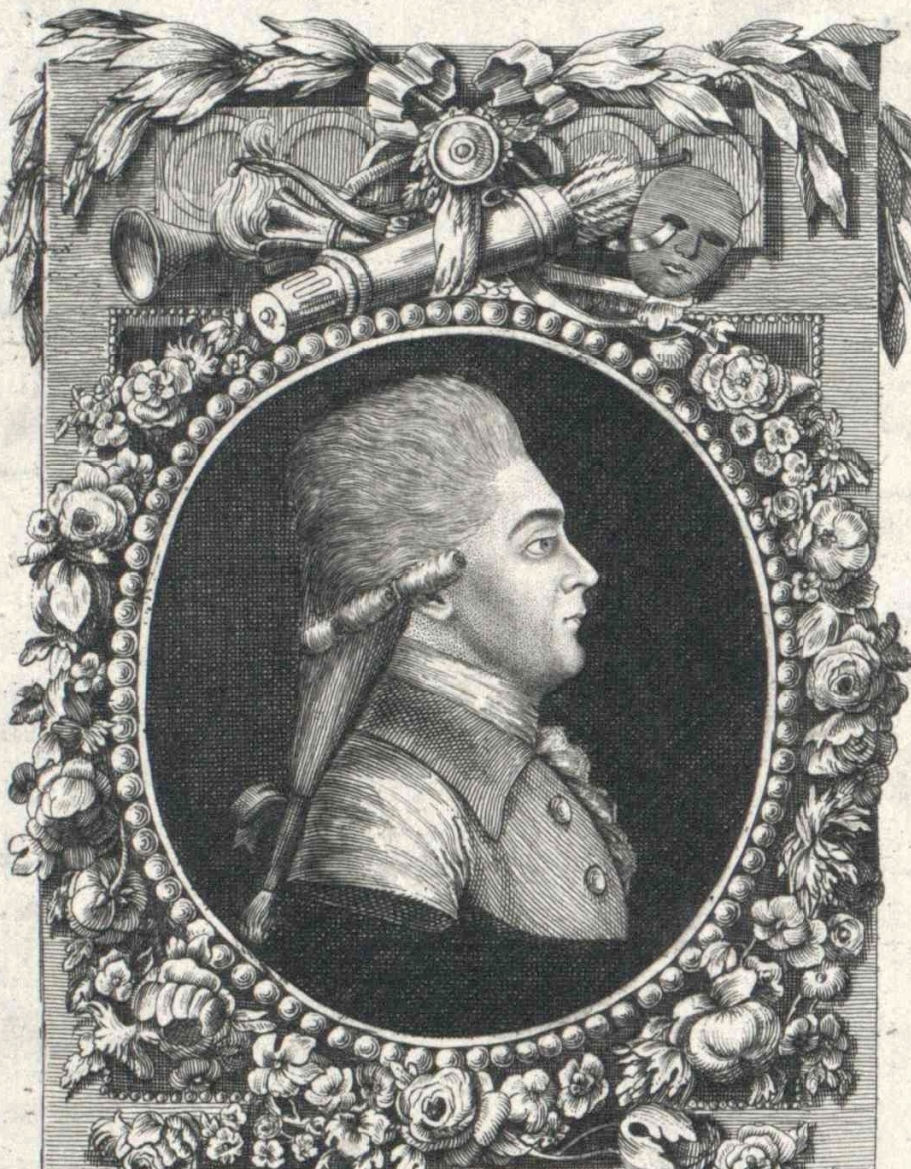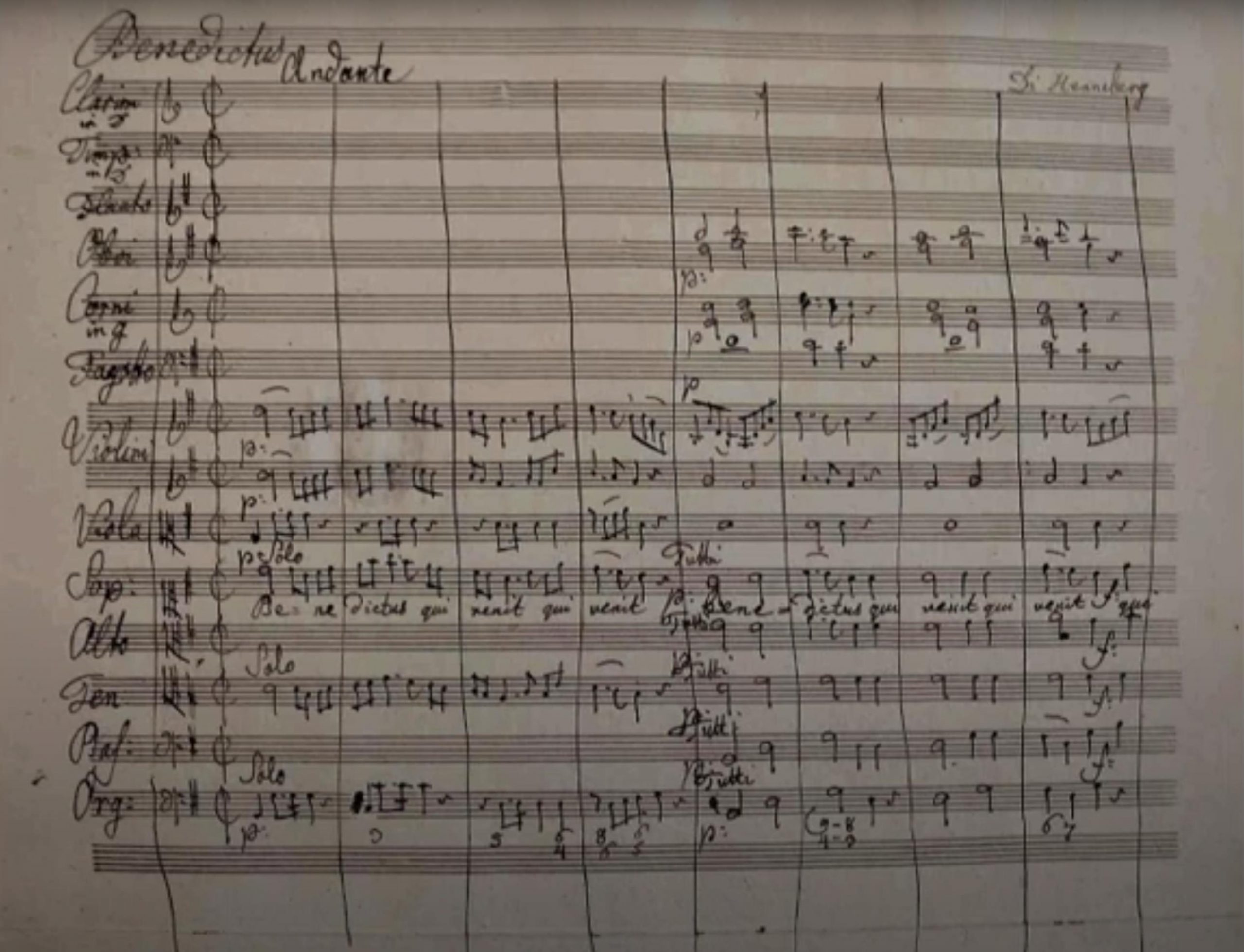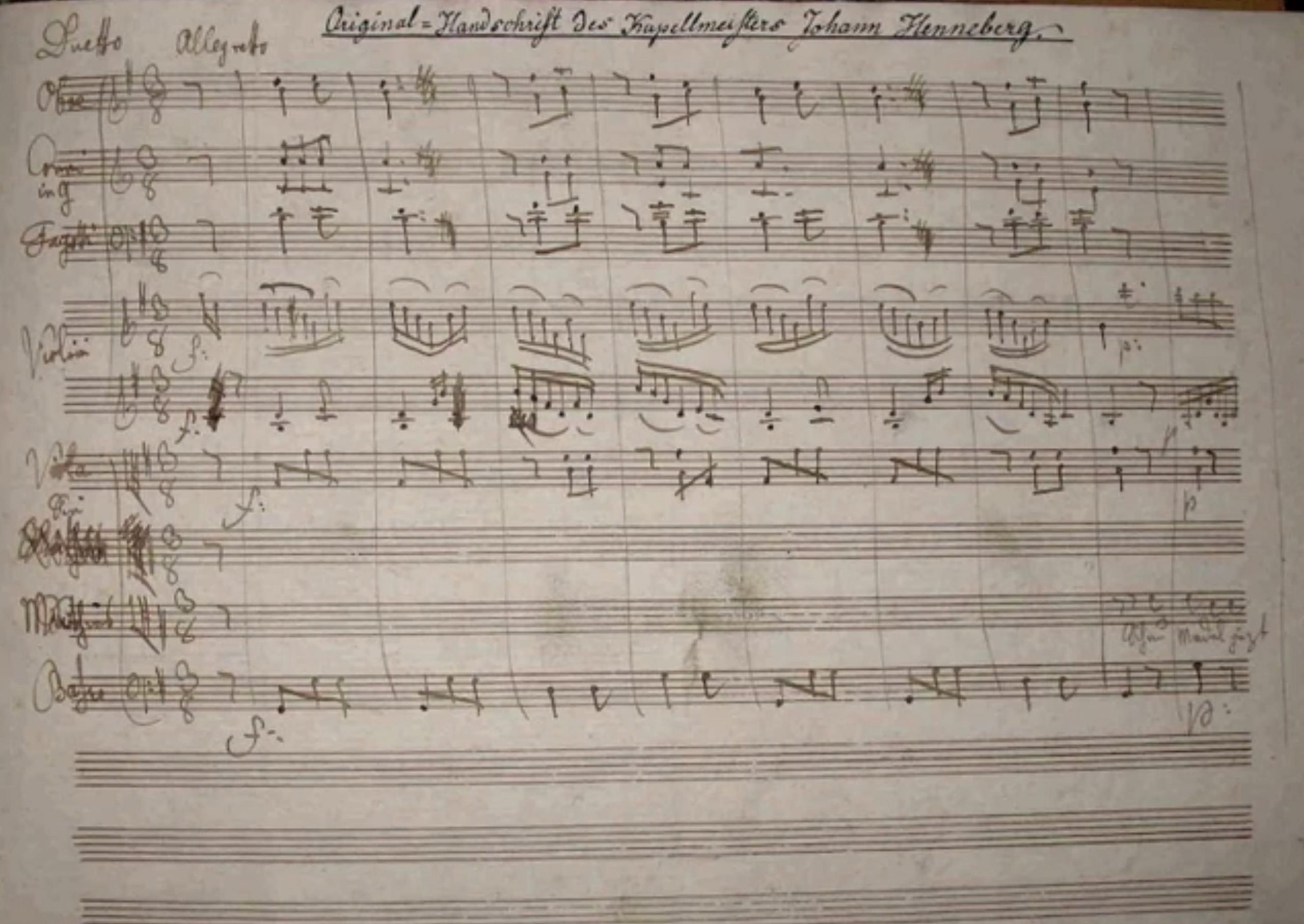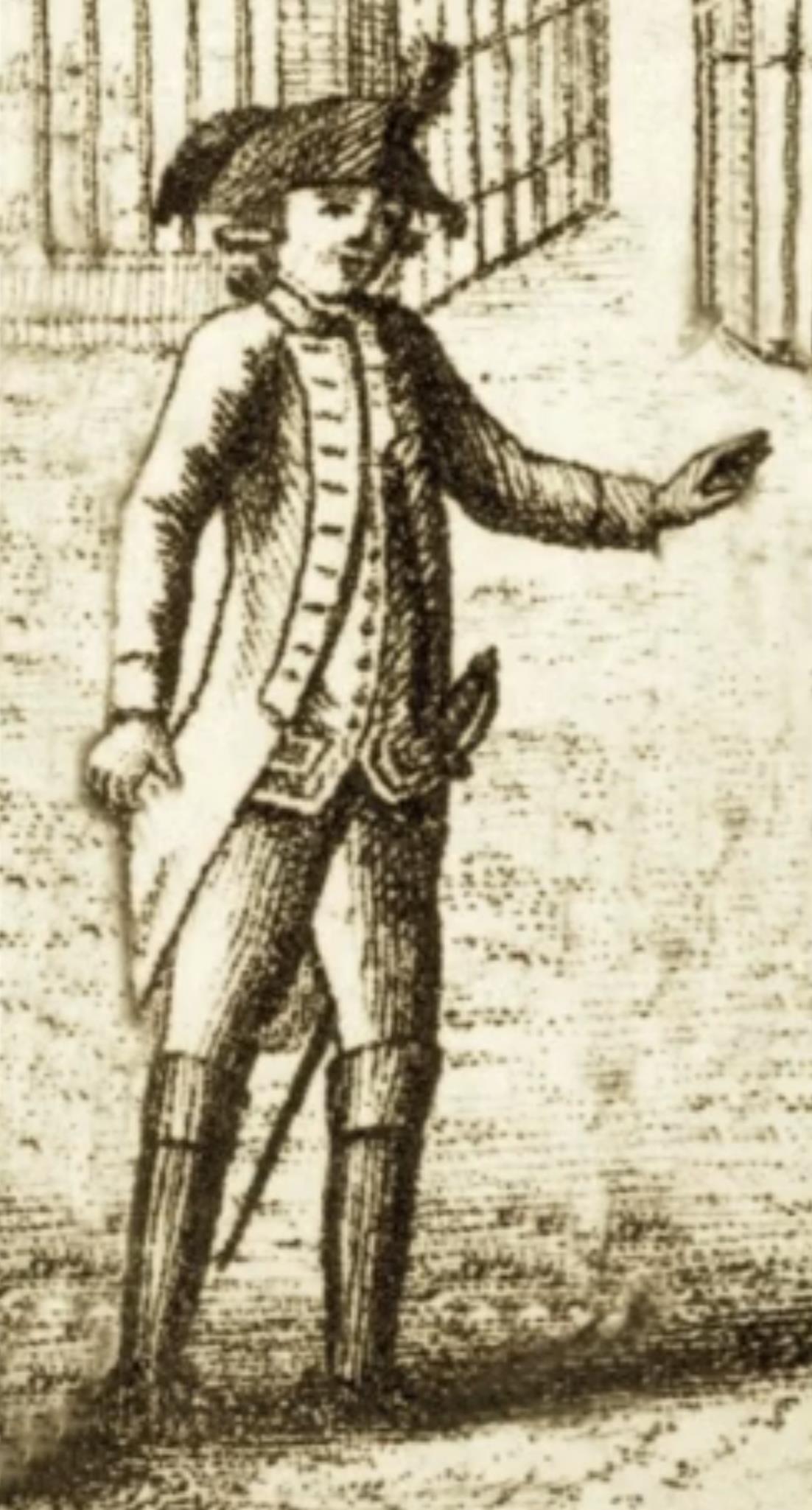
Schikaneder
Category : composers | Komp en
Emanuel Schikaneder (born Johann Joseph Schickeneder; 1 September 1751 – 21 September 1812) was a German impresario, dramatist, actor, singer, and composer. He wrote the libretto of Wolfgang Amadeus Mozart‘s opera The Magic Flute and was the builder of the Theater an der Wien. Peter Branscombe called him “one of the most talented theatre men of his era”. Aside from Mozart, he worked with Salieri, Haydn and Beethoven.
During Easter 1788, the troupe run by Johann Friedel and Eleonore Schikaneder had settled as the resident troupe at the Theater auf der Wieden, located in a suburb of Vienna.[12] Friedel died on 31 March 1789, leaving his entire estate to Eleonore, and the theater was closed. Following this, Eleonore offered reconciliation to Schikaneder, who moved to Vienna in May to start a new company in the same theater in partnership with her.[13] The new company was financed by Joseph von Bauernfeld, a Masonic brother of Mozart.[14] With plans of an emphasis on opera, Schikaneder brought two singers with him from his old troupe, tenor Benedikt Schack and bass Franz Xaver Gerl. From his wife’s company he retained soprano Josepha Hofer, actor Johann Joseph Nouseul, and Karl Ludwig Giesecke as librettist. New additions to the troupe included Anna Gottlieb and Jakob Haibel.[15]
The new company was successful, and Die Entführung aus dem Serail again became part of the repertory. Several aspects of the company’s work emerged that later came to be immortalized in The Magic Flute. A series of musical comedies starting with Der Dumme Gärtner aus dem Gebirge, oder Die zween Antons (“The Foolish Gardener from the Mountains, or The Two Antons”), premiered in July 1789.[15] The comedy provided a vehicle for Schikaneder’s comic stage persona. Another line of performances by the company involved fairy tale operas, starting with the 1789 premiere of Oberon, with music by Paul Wranitzky and a libretto that was a readaptation of Friederike Sophie Seyler‘s original libretto. This was followed by Der Stein der Weisen oder Die Zauberinsel in September 1790,[16] a collaborative opera marked by the musical collaboration of Gerl, Schack, Schikaneder and Mozart.








